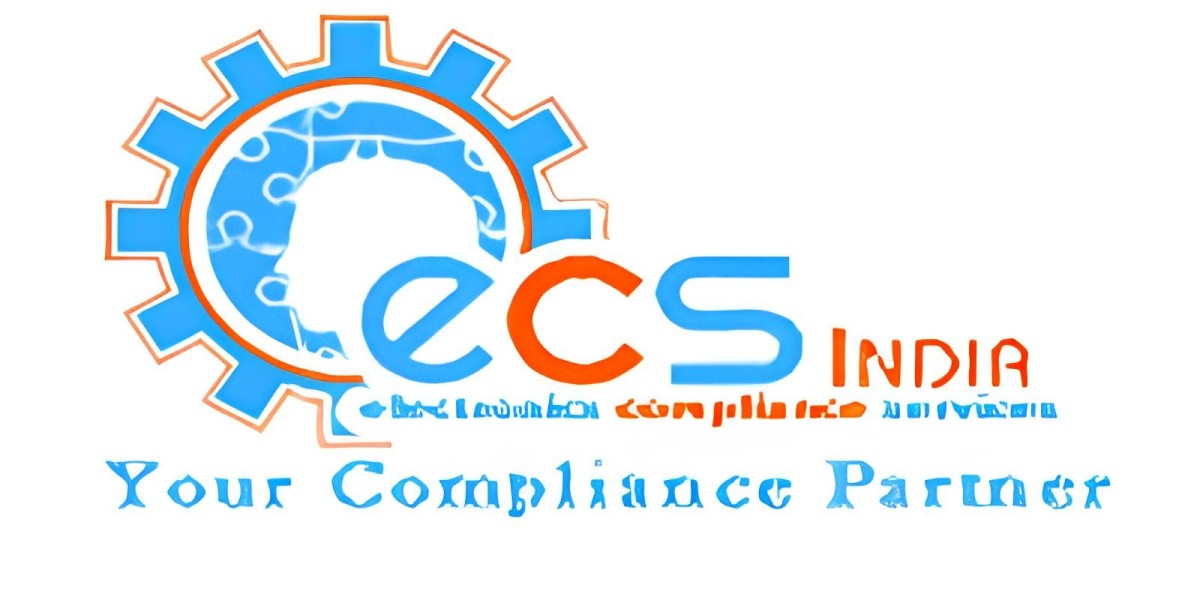In today’s competitive business environment, trust and quality are everything. Customers, partners, and even government authorities prefer to work with organizations that meet international standards. One of the most effective ways to demonstrate this is through ISO Registration in India.
Whether you run a startup, a growing enterprise, or a large corporation, ISO certification gives your business a significant edge. Let’s break down what ISO registration is, why it matters, and how you can get certified in India.
What is ISO Registration?
ISO stands for the International Organization for Standardization, an independent body that develops global standards for quality, safety, and efficiency.
ISO Registration in India means that a business has been officially certified by an accredited body to comply with a specific ISO standard, such as ISO 9001 (Quality Management) or ISO 14001 (Environmental Management).
It is essentially a stamp of credibility that proves your company follows globally recognized practices.
Why is ISO Registration Important for Businesses in India?
Builds Customer Trust – Clients feel more confident working with ISO-certified businesses.
Ensures Quality – Standardized processes mean fewer errors and higher consistency.
Opens Global Markets – Many international clients require ISO certification for partnerships.
Boosts Efficiency – Structured management systems save time and resources.
Legal & Tender Compliance – Many government and corporate tenders mandate ISO registration.
Common Types of ISO Certifications in India
Here are some of the most popular ISO standards for Indian businesses:
ISO 9001: Quality Management System (QMS)
ISO 14001: Environmental Management System (EMS)
ISO 27001: Information Security Management
ISO 45001: Occupational Health & Safety
ISO 22000: Food Safety Management
ISO 50001: Energy Management
ISO 13485: Medical Devices Quality Management
Each certification focuses on a specific area and can be chosen based on your industry and goals.
Who Can Apply for ISO Registration in India?
Manufacturers
Exporters & Importers
Traders & Retailers
IT & Service Companies
Hospitals & Educational Institutions
NGOs & Government Contractors
Basically, any business entity—small or large—can apply for ISO registration.
Step-by-Step Process of ISO Registration in India
Select the Right ISO Standard
Identify which ISO standard is relevant for your business. For example, a food business may need ISO 22000, while an IT company may need ISO 27001.Choose an Accreditation Body
Only apply through a recognized certification body accredited by agencies like NABCB (India) or international boards.Gap Analysis & Documentation
Review your current processes and prepare necessary documentation, including:Quality manual
Process flowcharts
Policies and procedures
Records of compliance
Implementation of Standards
Make necessary changes to align your business operations with ISO requirements.Internal Audit
Conduct an internal audit to check whether processes comply with ISO guidelines.Certification Audit
The accreditation body conducts a two-stage audit:Stage 1: Document review
Stage 2: On-site inspection of processes
Grant of ISO Certificate
Once your business passes the audit, you receive an ISO Registration Certificate.
Documents Required for ISO Registration in India
Company registration documents (Incorporation, GST, PAN, etc.)
Address proof of business location
Scope of business activities
Process documentation (policies, manuals, SOPs)
Quality reports (if applicable)
Validity and Renewal
An ISO certificate is generally valid for 3 years.
Annual surveillance audits may be conducted to ensure compliance.
Renewal is required before expiry to maintain certification status.
Benefits of ISO Registration in India
Increased customer satisfaction
Improved operational efficiency
Higher chances of winning government tenders
International market acceptance
Stronger reputation in the industry
Reduced risks of non-compliance
Cost of ISO Registration in India
The cost of ISO certification depends on:
Type of ISO standard
Size of the organization
Complexity of operations
Accreditation body fees
On average, small businesses may spend ₹15,000–₹50,000, while larger organizations may spend more depending on requirements.
Why Hire an ISO Consultant?
ISO registration may sound straightforward, but it involves technical documentation, audits, and ongoing compliance. An experienced consultant helps by:
Identifying the right ISO standard
Preparing and reviewing documentation
Assisting with audits
Ensuring quick and hassle-free certification
Conclusion
In India’s fast-growing economy, ISO Registration is not just about compliance—it’s about building trust, improving processes, and preparing your business for long-term success.
Whether you are a manufacturer, service provider, or exporter, ISO certification opens new doors to opportunities and global recognition.
If you’re ready to take your business to the next level, start your ISO Registration in India today with the guidance of experts who can make the journey smooth and stress-free.








